Collaborative Divorce in Edmonds
What is Collaborative Divorce

Simply put, a collaborative divorce is a negotiation that takes place in private between spouses and their attorneys, often with the help of neutral experts, such as financial advisors or child specialists.
Our Edmonds attorneys work individually with their client and assist with negotiations, which are done in a group setting with everyone present. Experts are used to provide unbiased assistance with specialized issues.
In 2013, Governor Jay Inslee signed the Uniform Collaborative Law Act. This means that unlike other divorce processes, Collaborative Divorce gives participants unique legal protections established in Washington law.
A unique element of this process is the attorneys sign a participation agreement, which includes a clause stating they are barred from taking the case to trial. The agreement ensures that the attorneys make every effort to resolve the case within the collaborative model.
Leslie E. Beauregard, Attorney
Major benefits of Collaborative Divorce
Maintain Privacy
Confidential negotiations are held in private and settled without any public court hearings.
Know the Cost
Costs are more predictable than litigation, saving you from the stress of unknown legal fees.
Keep Control
Families feel powerless leaving decisions to a court. With this process you decide the outcome.
What to expect from Collaborative Divorce
Common questions about the collaborative divorce process
What situation is best for collaborative divorce?
Collaborative divorce is ideal when you’d prefer to resolve your divorce outside of the court system, but feel that you each should work with your own attorney, so you’re able to make the best decisions regarding finances or parenting.
What to expect in a collaborative divorce?
You can expect your collaborative divorce to be a transparent process that takes place in private. You’ll be represented by an attorney and so will your spouse. However, each attorney will sign an agreement stating they will not to take the case to trial. Settlement discussions will take place with both lawyers and spouses present, with the goal to reach a fair and lasting agreement.
What if I’m not comfortable working with my spouse?
A crucial element of the collaborative process is that you work together. If the idea of tackling property division or a parenting plan in the same room, sounds excruciating or useless then a collaborative divorce is not for you.
What happens if the collaborative process breaks down?
The collaborative process isn’t guaranteed to succeed and there are consequences if it fails. Either spouse may choose to abandon the collaborative process for any reason at any time. If this happens the case can be set for trial and progress you’ve made may be lost. In addition, your attorney will likely be required to withdraw. This can be a shock if you had a good relationship with your lawyer and you’re forced to find someone new.
Is collaborative divorce expensive?
Just because collaborative divorce takes place outside the courtroom doesn’t mean it’s cheap. Objectively speaking collaborative divorce is expensive, since both spouses work with an attorney and neutral experts are brought on for specific tasks. That said, paying for one expert’s neutral opinion is cheaper than paying for two biased opinions at trial.
Will collaborative divorce benefit our child?
One of the strengths of the collaborative divorce is that agreements tend to last. Since parenting decisions are made together, parents feel a sense of ownership of the agreement. That’s not the case if a judge determines custody for you. This sense of ownership, leads to higher satisfaction with the arrangement and more stability.
A stable home environment has been shown to benefit children. For example, a study which appeared in the Journal of Marriage and Family by Ohio State researchers, showed that children in a stable family situation after divorce were measurably more successful than those children who lived in unstable families after divorce. When measured at age 26, children from stable divorced families achieved more academically, earned higher incomes and had higher occupational prestige.
In addition, child specialists are available to help create a future that is healthy and stable for the child. A child specialist is a certified mental health professional with expertise in child development and collaborative divorce. The goal of a specialist is to give the child a voice, while shielding them from direct involvement in the divorce.
How long will collaborative divorce take?
In most cases a collaborative divorce will take between three and six months. Often three to six group sessions are scheduled to address specific issues. In between meetings, participants will accomplish various tasks to address items that came up in discussion and to prepare for the next meeting. Conversations during a session can be intense, so we prefer to limit meetings to three hours.
Generally, our clients get the most out of multiple short meetings opposed to say, an all day session. Once we’ve had a chance to cover all the meaningful issues finalizing the paperwork should take a week or two.
In all Washington divorces, the court requires a case to sit for 90 days before it can be reviewed by a judge. Because of the mandatory waiting period, three months is the minimum amount of time to resolve a case.
What role can experts play in the collaborative process?
Depending on your circumstances, you may want help in addition to your attorney. We have a network of outside experts available to act as neutral advisors to both spouses. Not only does the opinion of an unbiased expert give credibility to a settlement, it is generally less expensive than hiring a lawyer to do the same tasks. Common expert roles in a collaborative divorce case include: 1) financial neutral, 2) divorce coach, and 3) child specialist.
What does a financial neutral do in a collaborative divorce?
A financial neutral will gather the financial information of the spouses and provide analysis of assets, liabilities, income and expenses. If one spouse needs help understanding the financial picture they can work with them to provide clarity. They’ll be able to explain the difference between a dollar in a checking account and dollar in a retirement account. Also, they can assist with child support and spousal support calculations. In addition, they can provide financial understanding with post divorce budgets and for long term planning.
What is a divorce coach?
The coach works to identify emotional issues preventing solutions & improves communication. They typically have a background in mental health, but have a different role than a therapist in the case. They are focused on helping the parties work through any blocks that could prevent them from moving forward during discussions. If children are involved, a coach can voice the concerns of the parents.
What role does a child specialist play in a collaborative divorce?
A child specialist can help a child feel heard and assist parents to address emotional and daily needs. Their role is to educate parents on how to support their child during the divorce process now and into the future. They can be critical in providing the child a voice and making sure a parenting plan is crafted that will last long term.

